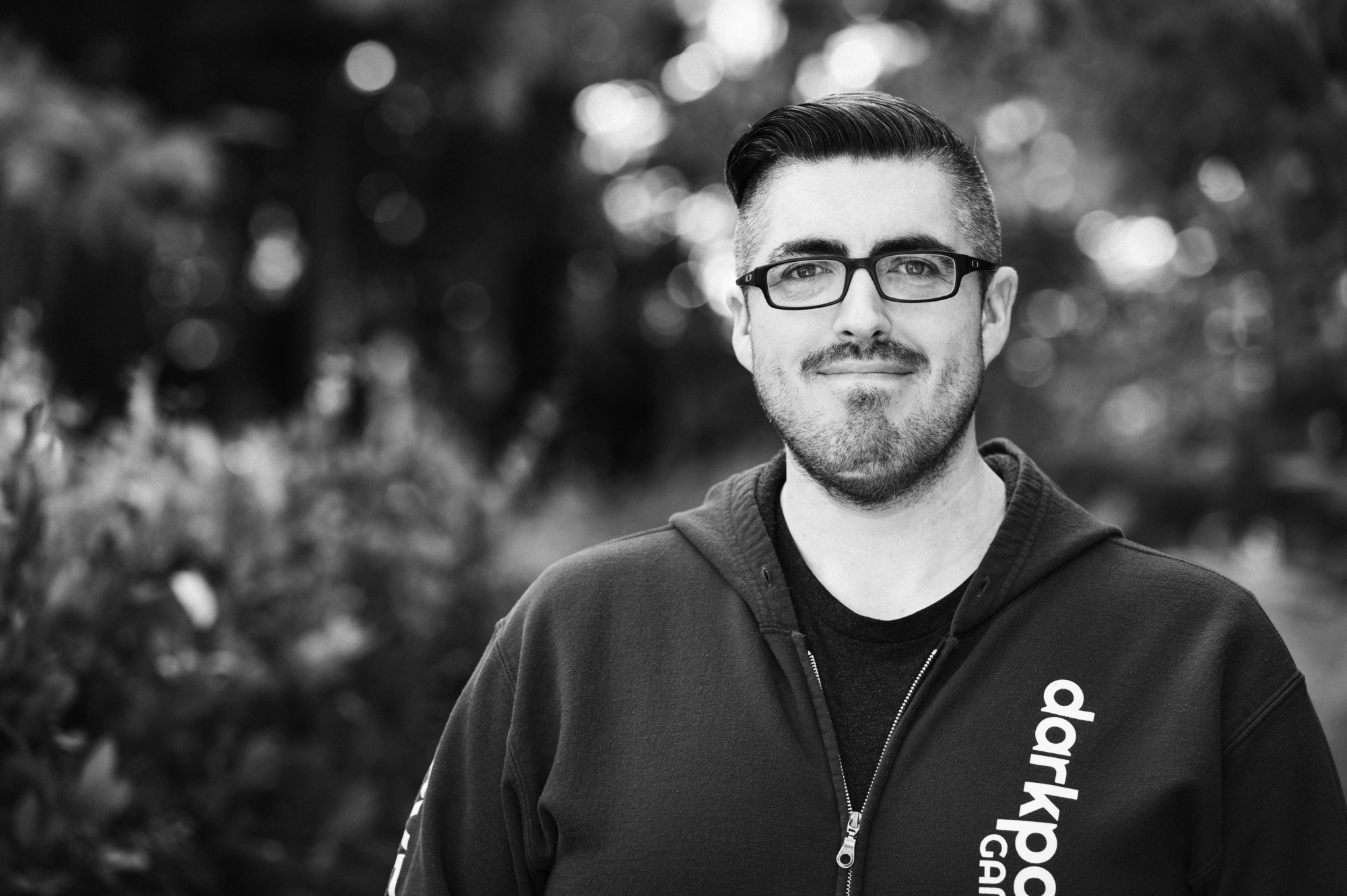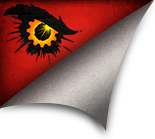
How did you come to work on EverQuest?
I’ve been with Darkpaw since well before Darkpaw was Darkpaw, but I’ve only been on EQ for the last few years. Coincidentally, I started in the same QA department as our Lead Systems Designer. I was even temporarily attached to the EQ2 QA team to help them ship Rise of Kunark way back in 2007, which I suppose was the very first time I worked on any EQ-related project. Suffice it to say, it wasn’t the last. But while I’ve spent nearly half my career on a variety of projects under the EQ-franchise umbrella it wasn’t until very recently that I made my way to the game that started it all.
How long have you been working on EQ?
I spent maybe 6 months on the EQ2 QA team back in 2007. But after that it was nearly 5 years before I was involved in anything EQ-related again, and another 6 years before I had the opportunity to join the original EQ team at the end of 2019.
What was the first project you worked on for EQ?
The first major project I got to work on after joining the EQ team was Overseer. Granted, it was essentially design-complete and had nearly a month of engineering time on it before I got involved. But I was responsible for designing several UI revisions, for producing our final lists of agents and traits, and for building a tool to expedite quest creation.
What is your favorite project that you’ve worked on for EQ?
As a systems designer I tend to adore things that most folks find… somewhat bland. For example, I absolutely love good documentation! I also love efficient implementation processes! So, it should come as no surprise that my favorite projects on EQ are the ones that un-institutionalize institutional knowledge and that expedite data implementation.
Last year, I got to do this with the achievement system. Internally, we now have tons more documentation on how achievements work and more importantly, the ways that achievements should be implemented. I also created a tool that expedites the creation of achievement data so that designers can spend less time implementing achievements and more time thinking of ideas for new achievements!
How did you break into the game industry?
Serendipitous alignment of the cosmos? This was around 2005. I had a friend who worked in the QA department at Sony Online Entertainment, which in and of itself was kind of surreal. At the time, being a “game developer” hadn’t seemed like a realistic career choice. I knew, intellectually, that games were made by actual people but being one of those people had always seemed completely out of reach. The fact that a studio existed a mere 30 minutes from my apartment and was actively hiring folks with zero industry experience felt almost kismet. So, when my friend asked me if I wanted a job, I dropped everything, applied, and spent the next three years testing games for a living as the most entry-level contract tester imaginable, which barely paid my rent but was still an absolute dream come true.
What advice do you have for someone who wants to break into the game industry?
Nowadays, going to college with the specific intention of becoming a game developer is a genuine option. They even have professors who’ve actually worked on games! But college is absurdly expensive. If you or your family can afford it, you should absolutely go. But if you can’t… well, there are a few things you can do instead.
First, pick your software. Doing just about anything in either Unity or Unreal will get you practical experience that’s at least similar to what you’d get from an industry job.
Next, make something. Make literally anything. You don’t even have to finish it. Just make something and show it to people so that they can tell you how terrible it is. Then either make it better or make something else. Just don’t get discouraged and don’t give up. Early solo efforts are always going to be awful. Remind yourself that effort and training are the only paths to excellence.
Finally, go to events. If you happen to live somewhere with multiple studios there are likely game developer related events happening every month. Find them. Go to them. Network! For folks without a degree and without industry experience, this is one of the best ways to get your foot in the door. Just remember to stay humble. And to remain persistent. Don’t expect to get your dream job on day one. Be willing to start at the bottom. Be willing to work at any studio that’s willing to hire you. And never EVER let your ego drive your decisions. Because in this industry there is always someone smarter than you just around the corner.
Who is your favorite NPC in EQ?
One of my favorite things about the world of EverQuest is its pantheon of gods. They are unique, multidimensional personalities that have had (and continue to have) a huge influence on the EQ universe. But of all the gods the Mar twins are my favorite. I love stories about honor, valor, justice, etc. So basically, anything to do with Mithaniel is something I’m almost automatically a fan of. That being said, I’m a much bigger fan of Erollisi. Valor and honor are great, but they can also be very one-dimensional concepts. Love is significantly more complex and can be woven into vastly more interesting stories. I’m also an absolute sucker for anything that involves self-sacrifice in the name of love.
What was the most challenging project you’ve worked on?
I’ve worked on a ton of super challenging projects over the years. Many of which had nothing to do with EQ. But recently I’ve had an opportunity to dip my toes into the EQ spell system and I have to say, it takes the cake. So, as per my modus operandi, I’ve been working on something to make implementing spell data faster and simpler. So far, I’ve managed to create a tool for expediting the creation of AA spells. Ideally, I’ll eventually be able to extend that tool to the greater spell system… but that’s going to take exponentially more effort.
What do you know now that you wish you knew when you got started?
You aren’t an island.
Game development is enormously collaborative. It takes massive teams of people to ship massive games. But early on in my career I thought I was a hot-shot lone wolf that could figure out everything on my own. And because of that I avoided the collaborative aspects that make game dev so much dang fun. It took me a long time to realize that I was ALWAYS better at my job when I was working WITH my team.
Also, I wish I’d known how to fail. One of the great fallacies of my early mindset was that I COULD NOT fail. I’d convinced myself that if any of my projects failed to succeed completely at whatever goals they were supposed to achieve, I was going to lose it all. My career would immediately stagnate or worse, I’d simply be let go for incompetence. This was, in a word, absurd. But it was absurd because failure is part of the job. Game dev is an evolving industry. We are constantly producing entirely new ideas or wildly different spins on old ideas and that invariably means we are going to miss from time to time. But the lessons that can only be learned from those misses are so critical. They are, essentially, platforms for greater success. However, the real key to using failure is to fail often, to fail quickly and ideally, to fail early. Because the longer it takes to fail the harder it is to use the lessons you learn from failure.
What’s the first thing that got you interested in working in the gaming industry?
I’ve been an avid gamer for most of my life. As a 90s kid, I was fortunate enough to have a home PC and even more fortunate to become friends with a host of like-minded kids who also had home PCs. LAN parties were a common occurrence and all our birthdays revolved around getting new games or PC hardware. And to be honest, none of that has really changed, except that scheduling LAN parties is way harder, and we don’t have to wait for birthdays to buy games anymore. But despite my close, long-term relationship with the world of gaming it never really occurred to me as a punk kid, and later as an angsty young adult, that I could make games. That all changed when one of my closest friends got invited to participate in a pre-launch focus group for EQ2 and managed to turn that connection into a full-time QA job. Suddenly, the people who made the games I loved were real. I even knew one! And the idea of joining them became possible. So, I did.
Be sure to follow us on social media: Twitter, Facebook, Instagram and Discord.

